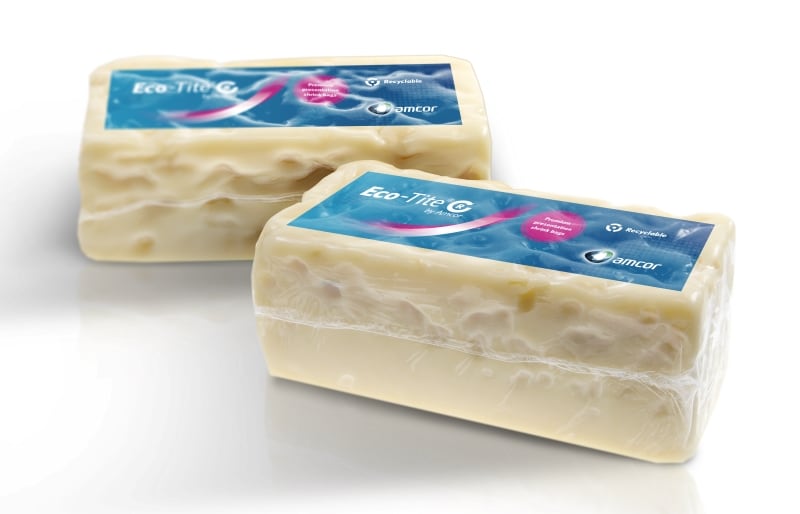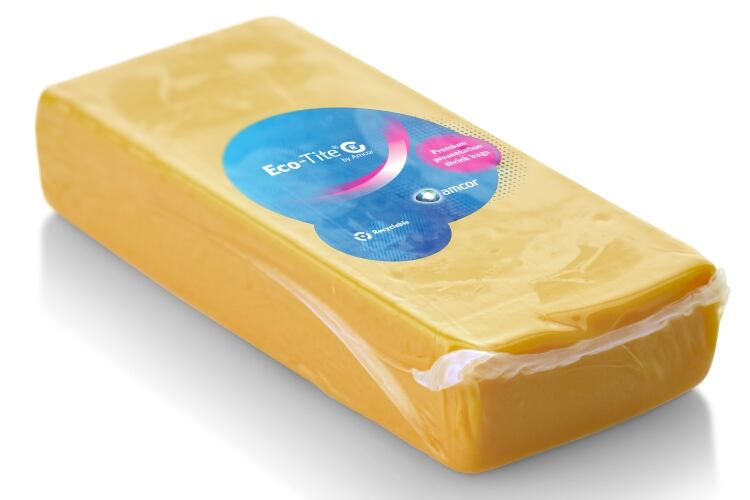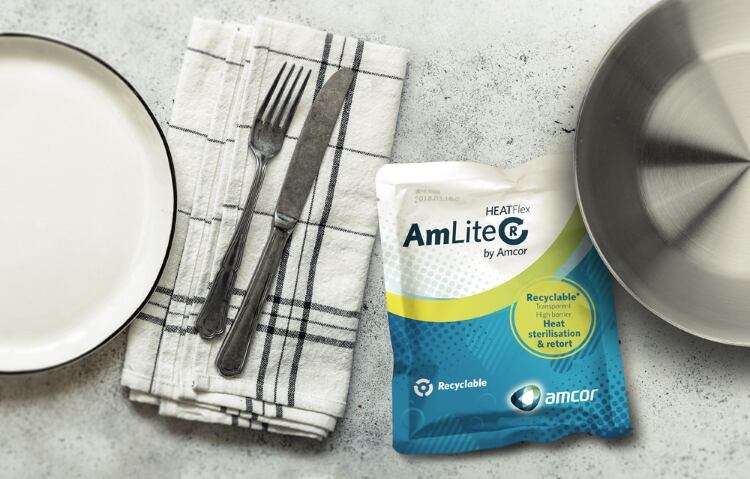Amcor Eco-Tite R is designed to maximize shelf-life, maintain food safety, reduce food waste and can be recycled in existing polyethylene (PE) plastic recycling streams in Germany, France, Italy, The Netherlands, Norway, Austria and Spain.
This means more consumers will be able to recycle their cheese packaging, with the potential added benefit of longer lasting food.
“The team has overcome a challenge for the industry; developing a high performance shrink bag that’s PVDC-free and recyclable, while maintaining food safety. This is a great step-forward for consumers and an example of how the removal of problematic materials from packaging – something the industry is increasingly focused on delivering – can provide us with safe, secure and recyclable packaging,” said Rosalia Rosalinova, marketing manager for meat and fresh produce at Amcor.

Amcor Eco-Tite R is a multi-layer, mono-PE packaging that maintains a high barrier to oxygen and water vapor even when exposed to high-moisture environments, such as cooler cases and refrigerators. This solution provides European cheese producers with an alternative to PVDC packaging – which is not recyclable in mechanical or chemical recycling systems.
To validate recyclability in real-world conditions, Amcor Eco-Tite R has been certified by the cyclos-HTP institute, an independent testing lab.
This innovation also supports Amcor’s broader commitment to develop all its packaging to be recyclable or reusable by 2025, which it committed to in 2018.


